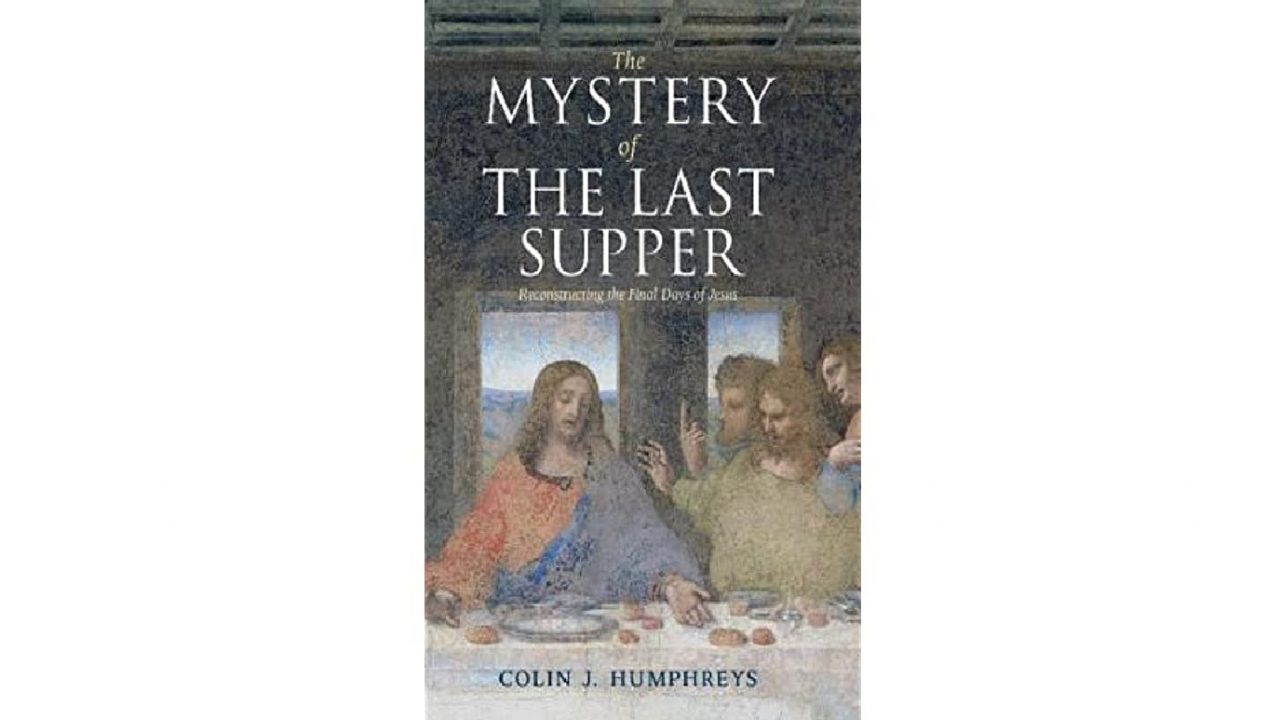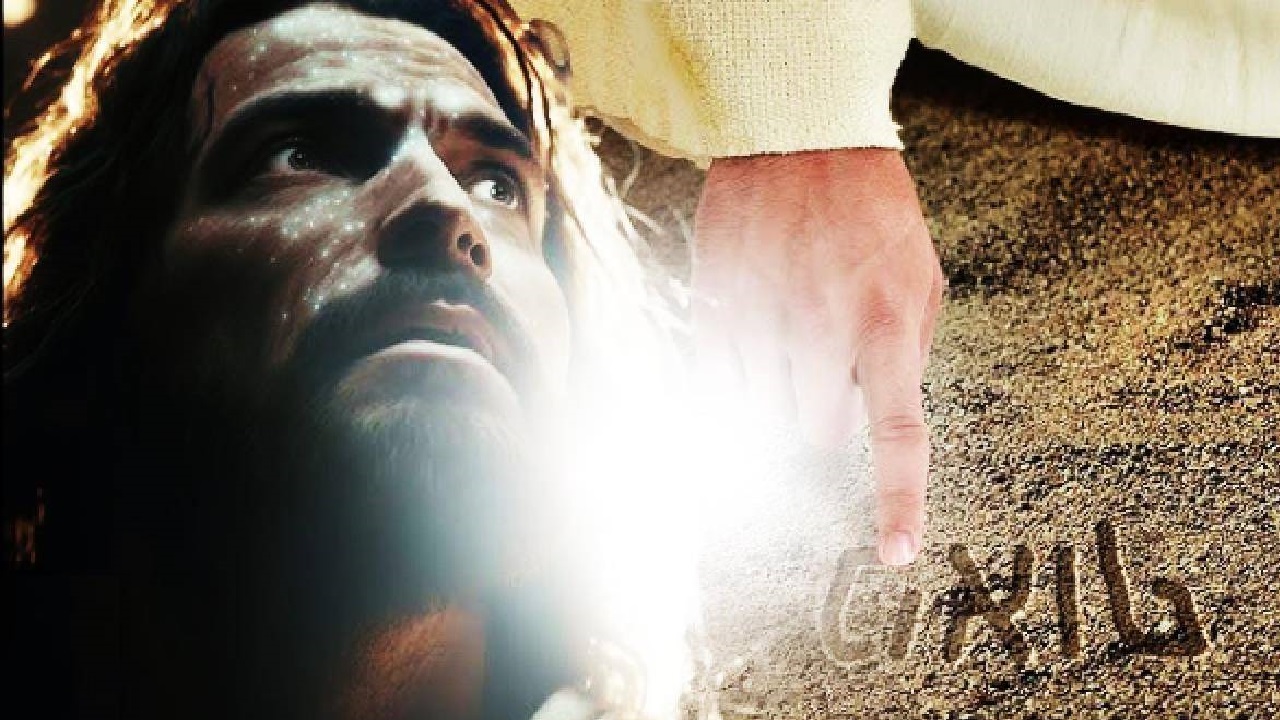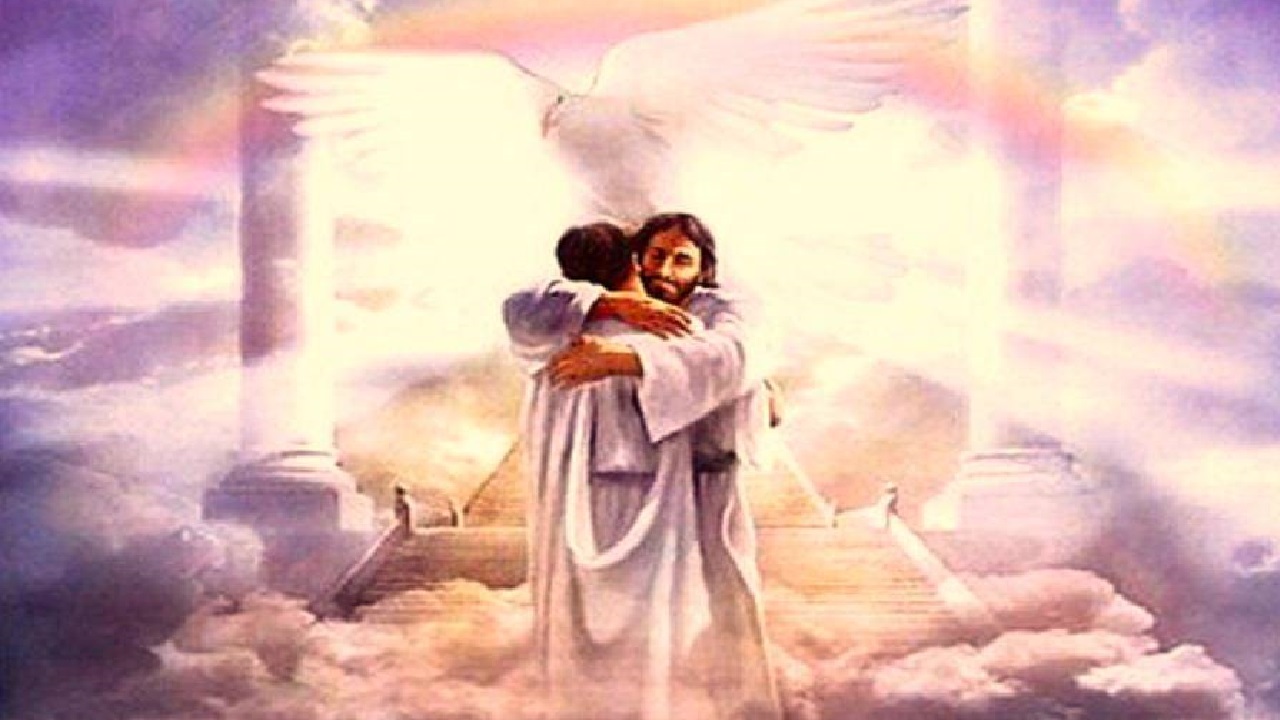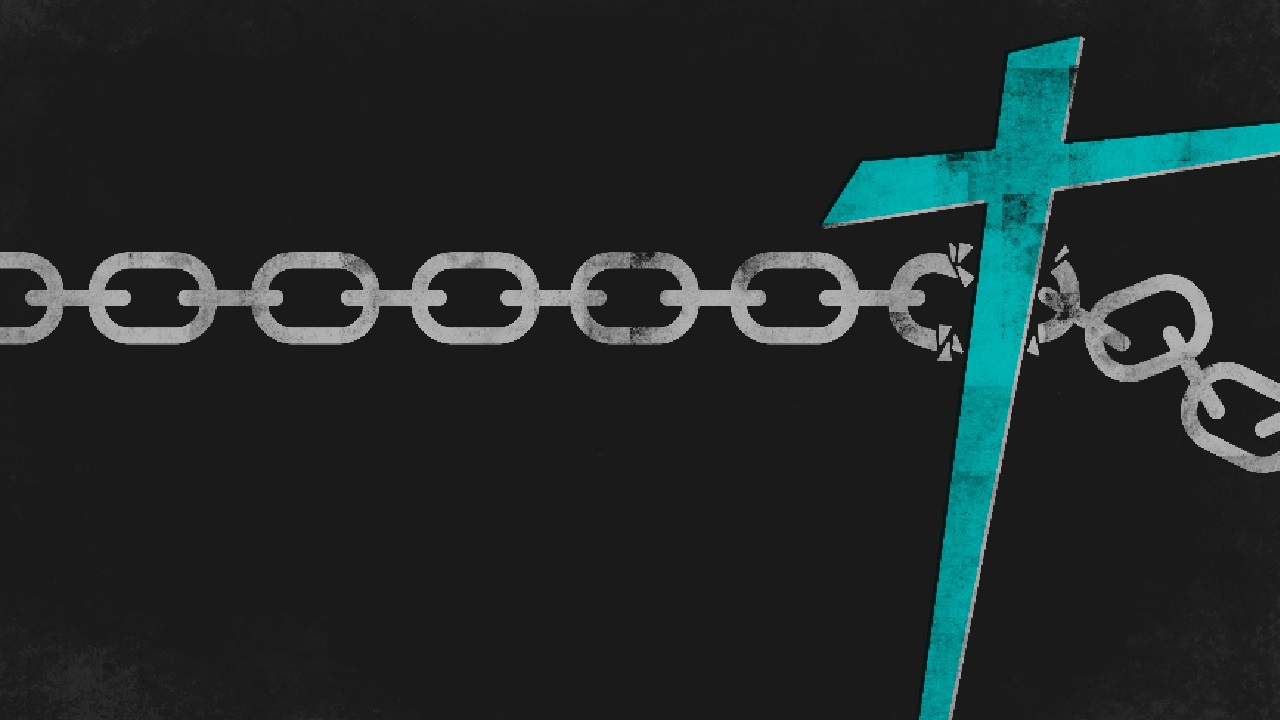Reconstructing the Final Days of Jesus By Colin J. Humphreys, 2011
The gospels link various events in the life of Jesus with Moses and the Exodus. For example, Luke records that at the Transfiguration, Moses and Elijah appeared and talked with Jesus. Luke says: ‘They spoke about his departure [Greek exodos] which he was about to bring to fulfilment in Jerusalem’ (Luke 9:3 I ). Luke seems to use the Greek word exodos deliberately in his account of the conversation Moses had with Jesus to link in his readers’ minds the first Exodus, in which Moses led the Israelites out of slavery in Egypt, with the new Exodus, in which Jesus leads God’s people out of the slavery of sin and death.
Jesus chosen to hold the last supper as a Passover meal, thus linking this supper directly with the first Passover of Moses. However, despite their similarities, this last Passover meal of Jesus was also fundamentally different from a normal Passover meal: Jesus, the new Moses, used it to mark the start of a new era, just as the first Passover of Moses marked the start of a new era. At the last supper Jesus said: ‘This cup is the new covenant in my blood, which is poured out for you [my italics]’ (Luke 22:20), echoing the words of Moses over one thousand years earlier: ‘This is the blood of the covenant that the Lord has made with you’ (Exodus 24:8). At his last Passover Jesus said: ‘Do this in remembrance of me’ (Luke 22:19); at the first Passover God said to Moses: ‘This is a day you are to commemorate’ (Exodus 12:14).
It seems that Jesus, even when he was radically departing from the words said at a traditional Passover, was deliberately choosing his words at the last supper to remind his disciples of the words recorded in the book of Exodus at the first Passover of Moses. How fitting then, for Jesus, the new Moses, to have chosen to celebrate his last meal with his disciples on the exact anniversary of the original Passover meal held by Moses and the Israelites in Egypt, by using the same lunar calendar that Moses used with its sunrise-to-sunrise day.
Indeed, Jesus could only have held his last supper on the exact anniversary of the first Passover of Moses by using the pre-exilic calendar. As we saw in Chapter 9, Ezekiel 33-48 promise that God will revive his people through a new temple and a new king, taken to be the Messiah, teaching the people to follow his Laws. How appropriate for Jesus, a few days after cleansing the temple (Mark 11:15 ), to have celebrated the Passover Feast on the date specified by Ezekiel, Nisan 14 (Ezekiel 45:21) in the pre-exilic calendar, and not on Nisan is in the later official calendar, as used by the priests who had allowed the temple to become defiled (Mark 11:17). The words of Jesus at the last supper, including his choice to celebrate it as a Passover meal using the pre-exilic calendar, appear to have been a deliberate symbolic action by Jesus.




